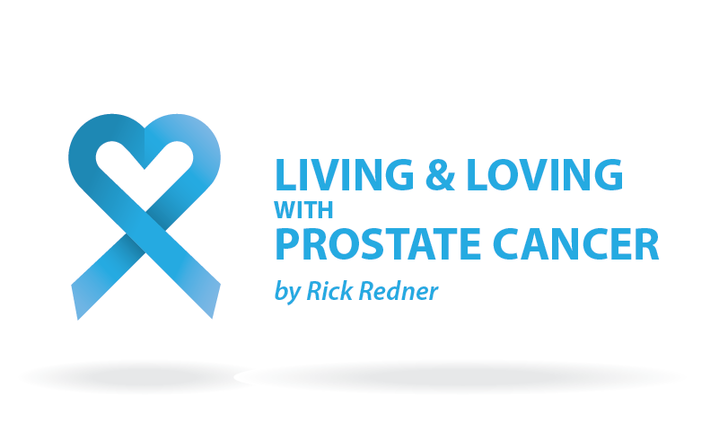I went to my doctor a few weeks ago complaining of pain on my right side. He thought it was a hematoma. He told me to use a heating pad twice a day. He wrote out a prescription for me to have a sonogram, which he said he’d place in my file. I was to call his office for the referral in two months if the pain didn’t go away.
Because of a mistake in his office, I received my referral for a sonogram in two weeks rather than two months. You have to have faith to understand what I’m about to share.
Before I could tell them the referral was a mistake, I heard from the Holy Spirit. It was made clear to me this was God’s way of overruling the delay and that I needed to get a sonogram now. So, I made the appointment for a sonogram.
My sonogram was on a Monday. I was told my doctor would receive the results by Wednesday. I expected to hear from him by Friday.
As I waited for the results, I asked my wife about an issue I found troubling. With all the waiting for test results we’ve been through over the past six years, I asked her if waiting for test results became easier or more difficult over time?
Without hesitation, she said, “Much more difficult.” I breathed a sigh of relief because I wasn’t alone. Waiting for test results is significantly more stressful for me now than it was before I was diagnosed with prostate cancer.
It’s obvious to both of us that we are not getting better at waiting as we gain more experience. I’m certain the reason for this has to do with our experiences with prostate cancer.
It took no effort on my part to imagine I had colon cancer or some other type of cancer. When you worry about receiving news of a reoccurrence, a spread of cancer, or any other life-threatening possibilities, waiting for your test results becomes highly stressful.
Losing sleep, becoming preoccupied and irritable, withdrawing from people or the world, and using drugs or alcohol are some of the things people experience or do as they wait for test results.
The morning after my sonogram, my phone rang. I wasn’t able to answer the call so it went to voice mail. At noon, I listened to the message. It was from a surgeon’s office asking me to call for an appointment!
Hearing that message sent me into a full-blown panic. A day after taking a sonogram, my first phone call came from a surgeon’s office rather than from my doctor. When you receive a referral to a surgeon one day after a test, there’s good reason to be concerned.
I imagined the news was so awful that my doctor wanted a surgeon to discuss the test results with me. I immediately called the surgeon’s office. They were closed for lunch.
It would be 90 minutes before they returned. My wife and I tried to come up with any positive possibilities, but the suddenness of a referral to a surgeon frightened us both. Waiting 90 minutes seemed like an eternity.
At 1:30, I called the surgeon’s office to make my appointment. After we set a date, I asked the person I was speaking with if she’d mind looking at the referral and tell me what type of surgery I’d be discussing with the surgeon. She put me on hold, checked the notes, and told me I was coming in to discuss gallbladder surgery.
My gallbladder is the third organ-removal surgery for me. First was my appendix, then my prostate, and now my gallbladder.
I decided to throw myself a pity party. I called to invite a friend. When I shared the news about my surgery, he said; “God is bringing you home one organ at a time.” His comment caused me to be abruptly evicted from my own pity party.
Guests who laugh are not allowed at pity parties, even if you’re the guest of honor. His comment was a great reminder of the power of laughter and humor as we cope with health issues or unwanted change.
His comment also reminded me of my faith. How I got in for a sonogram was a “God thing.” God wasn’t calling me home right now — He’d intervened in a way to hasten my healing. That’s a call to gratitude. Laughter and gratitude are two powerful ways to get through any unwanted changes.
A few questions to consider:
1. Has waiting for test results gotten easier or more difficult over time?
2. Whatever your answer was, what are you doing that makes it easier or more difficult to wait?
3. What, if any, role does your faith have as you wait?
4. Have you ever brought humor or gratitude into your time waiting? If you have, did it make a difference? If you haven’t, will you try to the next time you wait for test results?
2. Whatever your answer was, what are you doing that makes it easier or more difficult to wait?
3. What, if any, role does your faith have as you wait?
4. Have you ever brought humor or gratitude into your time waiting? If you have, did it make a difference? If you haven’t, will you try to the next time you wait for test results?
I hope you’ll share whether waiting for tests results is easier or more difficult as you’ve gained experience with waiting.








